While every dog is an individual, certain breeds can present specific challenges at dog parks. Here are 22 breeds you might want to be cautious around, based on typical behaviours and potential issues.
1. Chihuahua
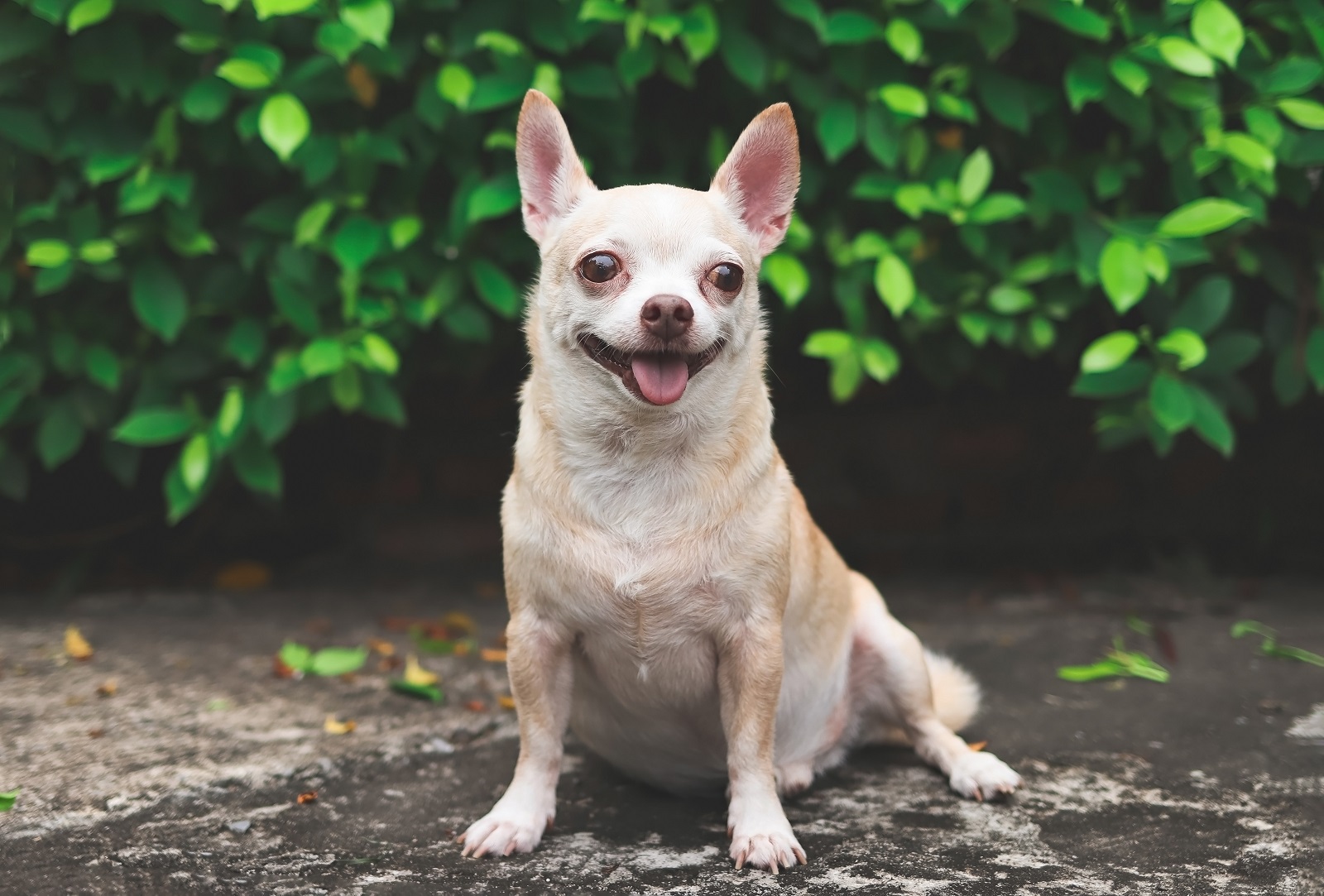
Chihuahuas may be small, but their big attitudes can start fights that larger dogs might finish. Their feisty nature can provoke larger dogs, leading to dangerous situations.
2. Dachshund
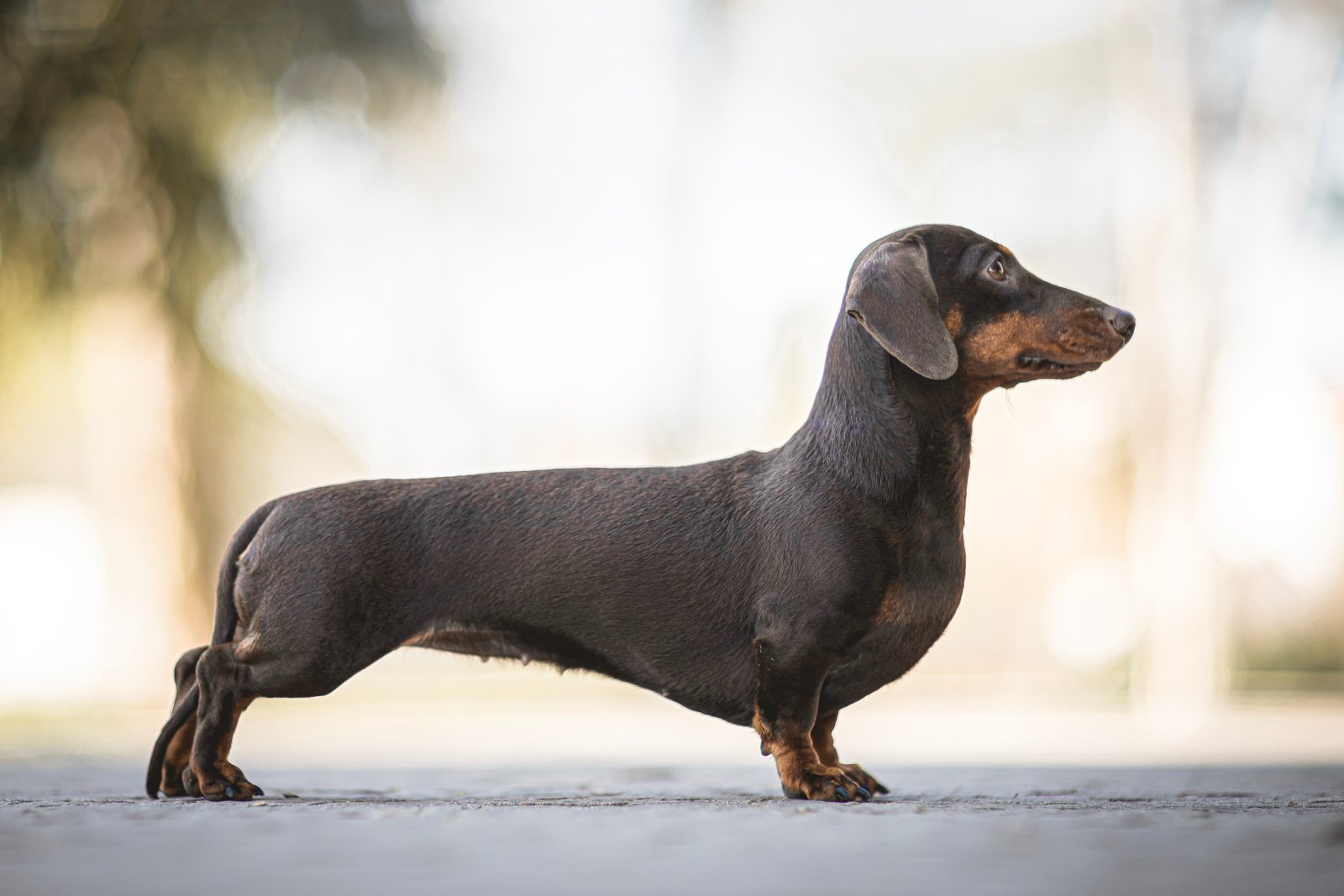
Dachshunds are known for their strong prey drive and can be quite territorial. They might chase smaller animals or react aggressively to dogs invading their space.
3. Jack Russell Terrier
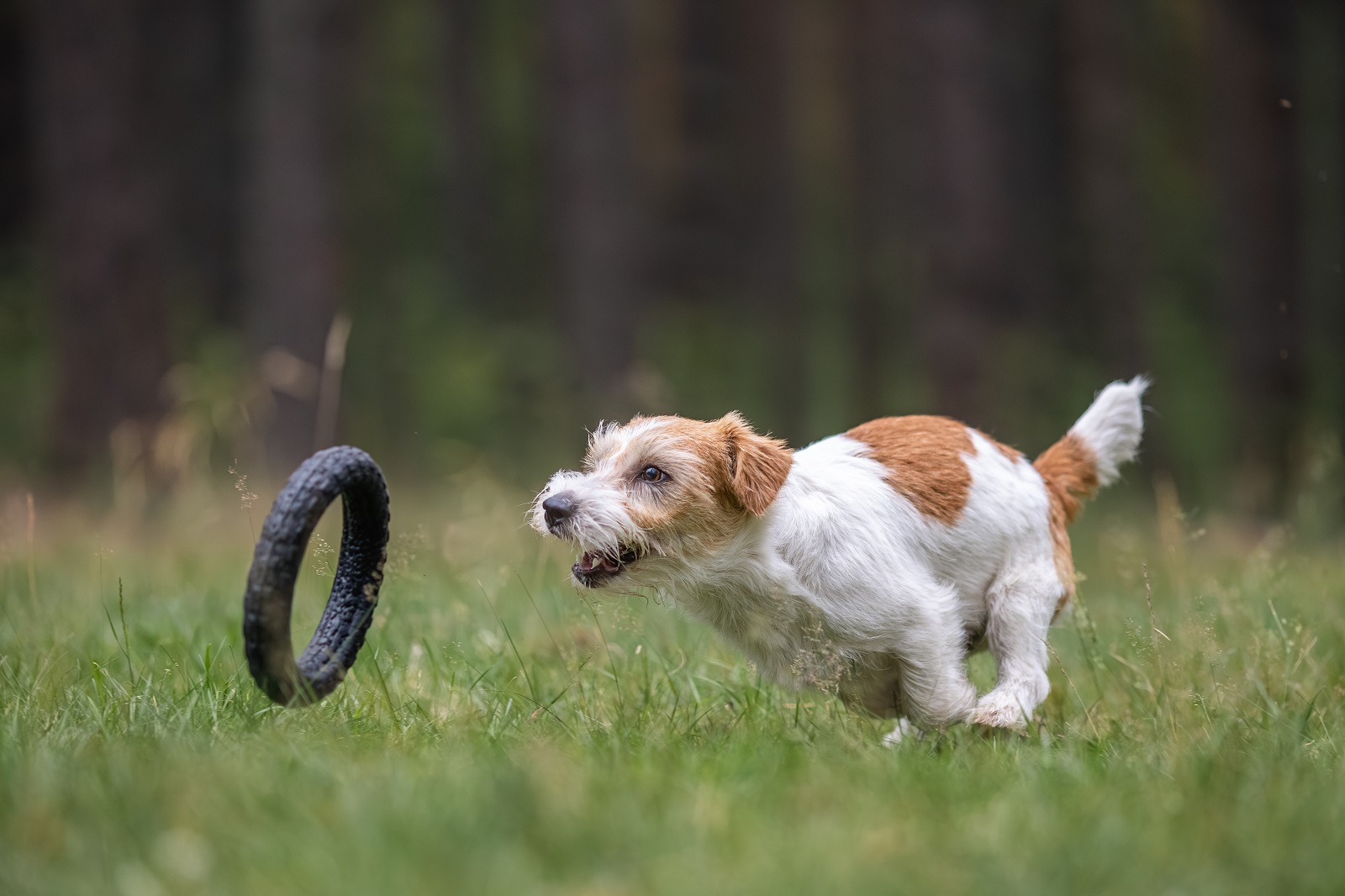
These energetic terriers can be overly assertive and have a strong prey drive. Their relentless energy and need to chase can annoy or provoke other dogs.
4. Akita
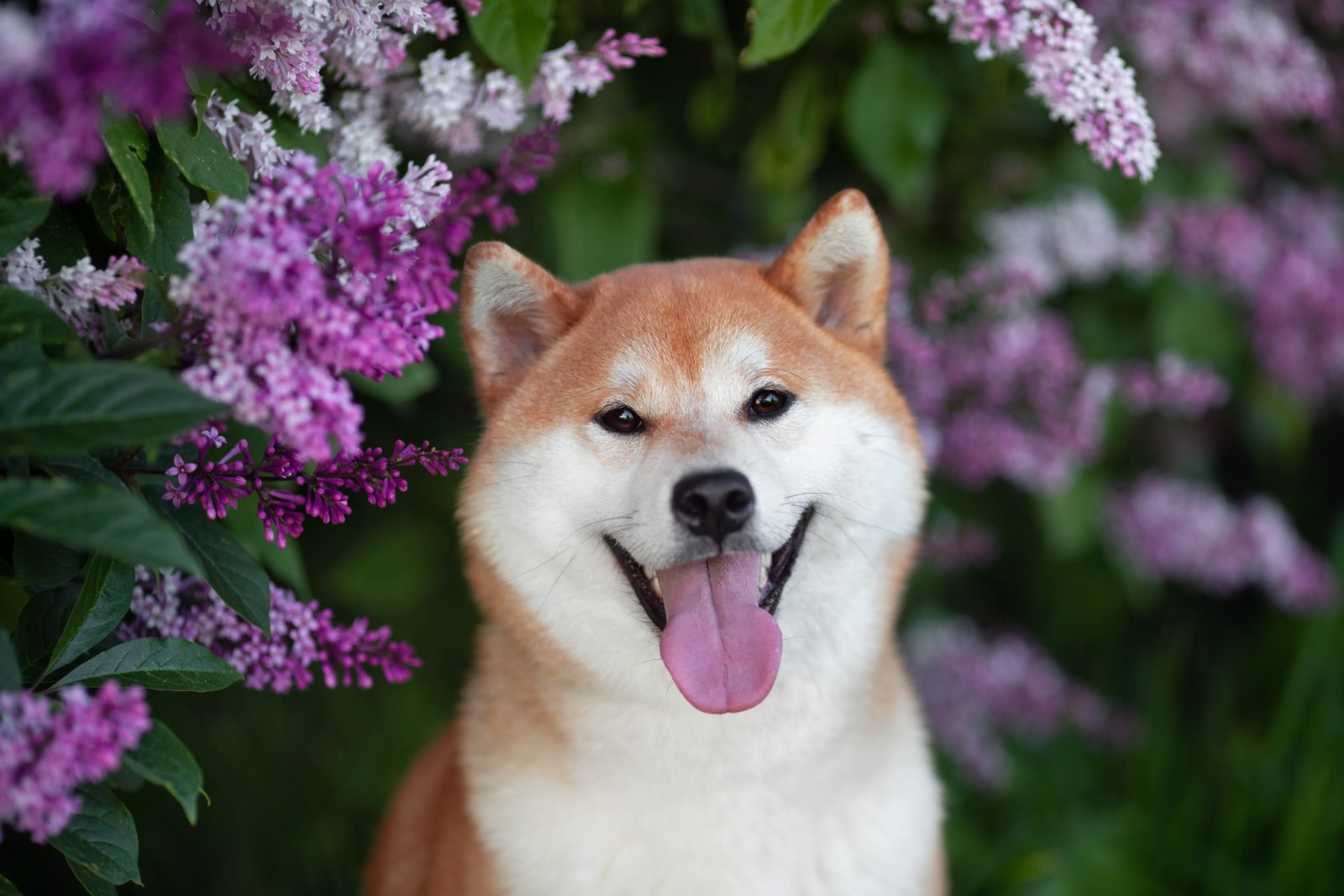
Akitas are powerful and protective, often wary of other dogs. Their dominant nature can lead to confrontations, especially with other dominant breeds.
5. Rottweiler
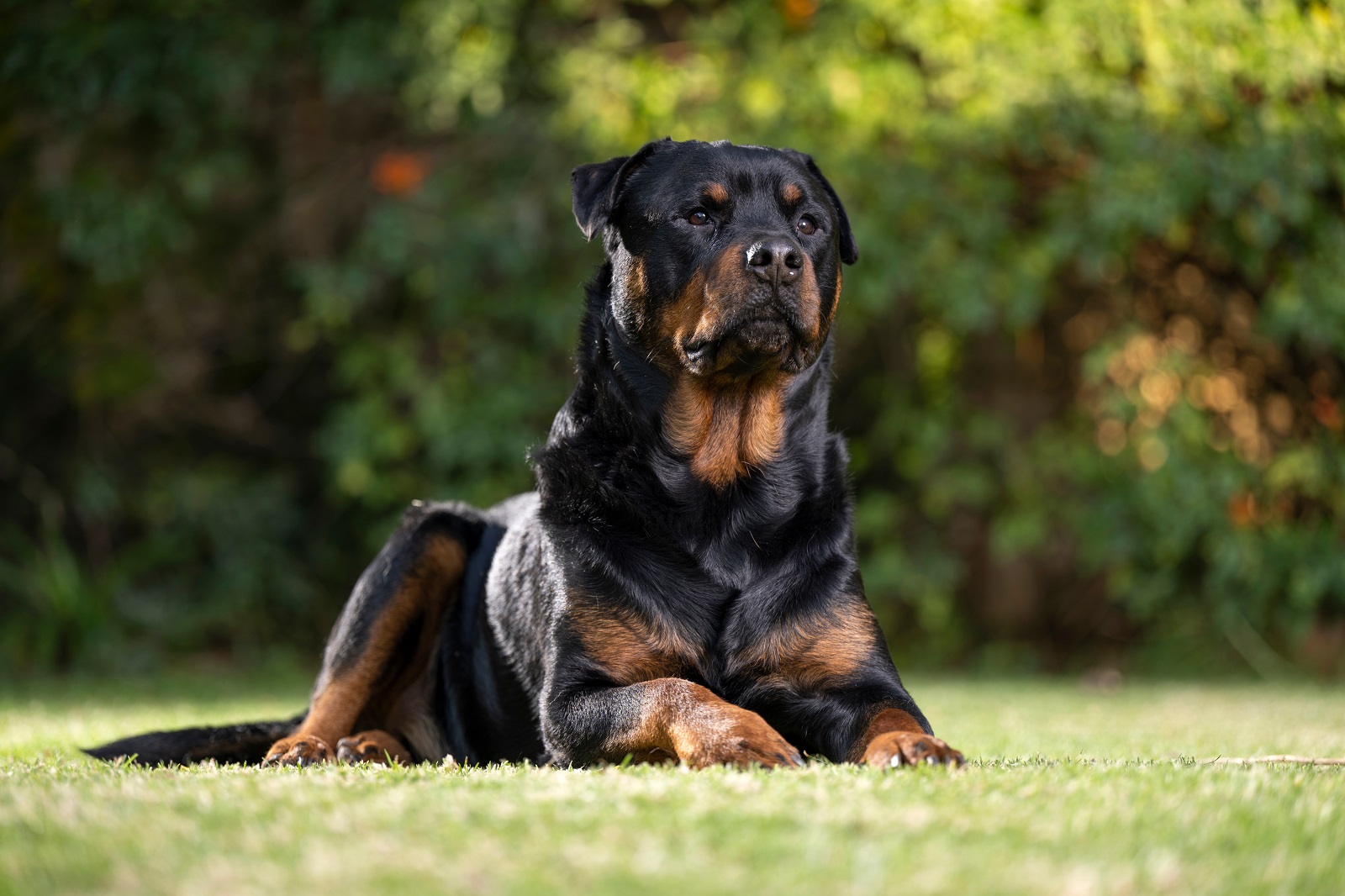
Rottweilers are strong and can be overly protective. They might not tolerate other dogs’ attempts to play or assert dominance, leading to potential conflicts.
6. German Shepherd
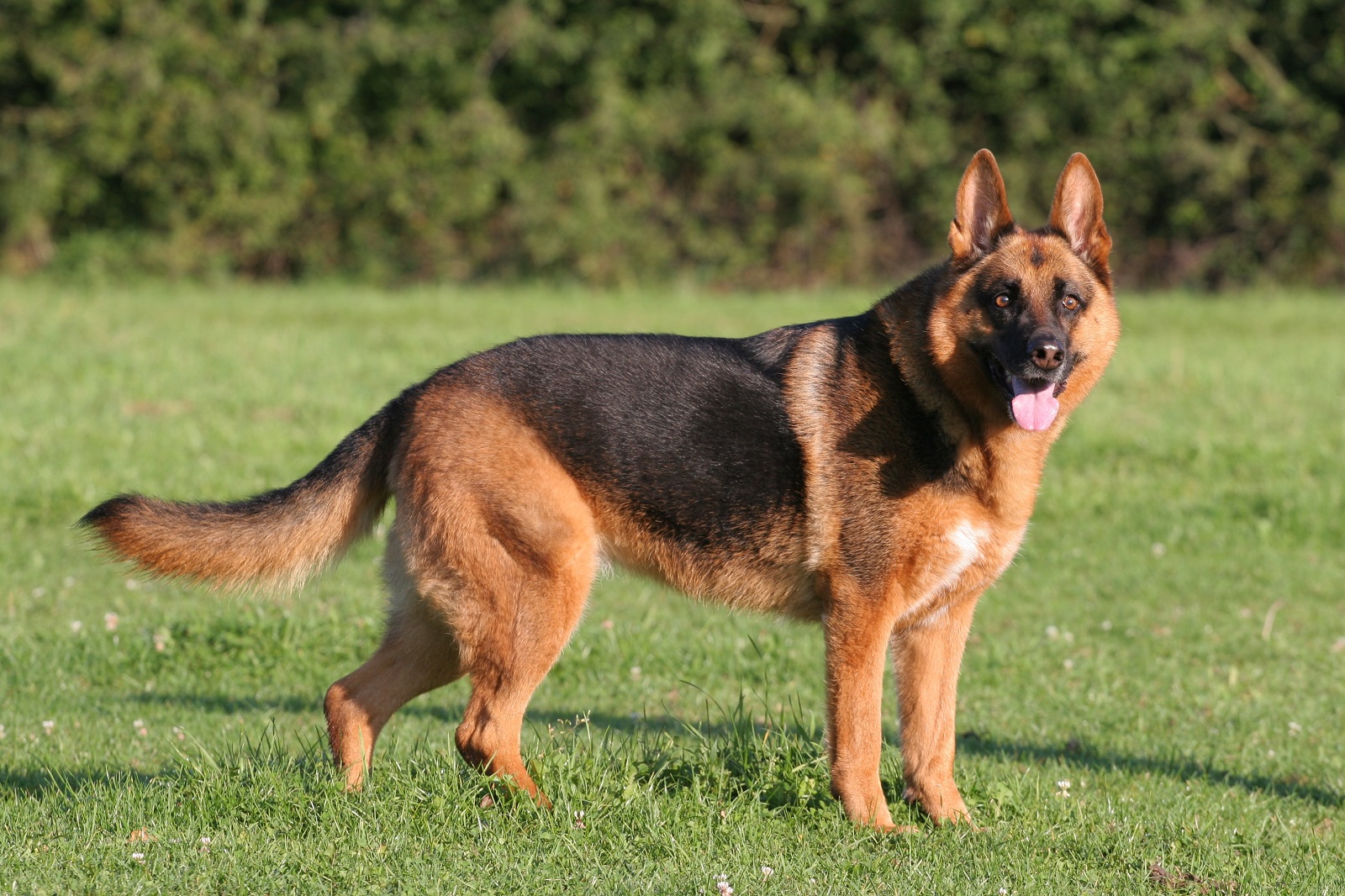
German Shepherds are intelligent and protective, sometimes leading to over-assertiveness in a dog park setting. They can be wary of unfamiliar dogs and might react defensively.
7. Pit Bull
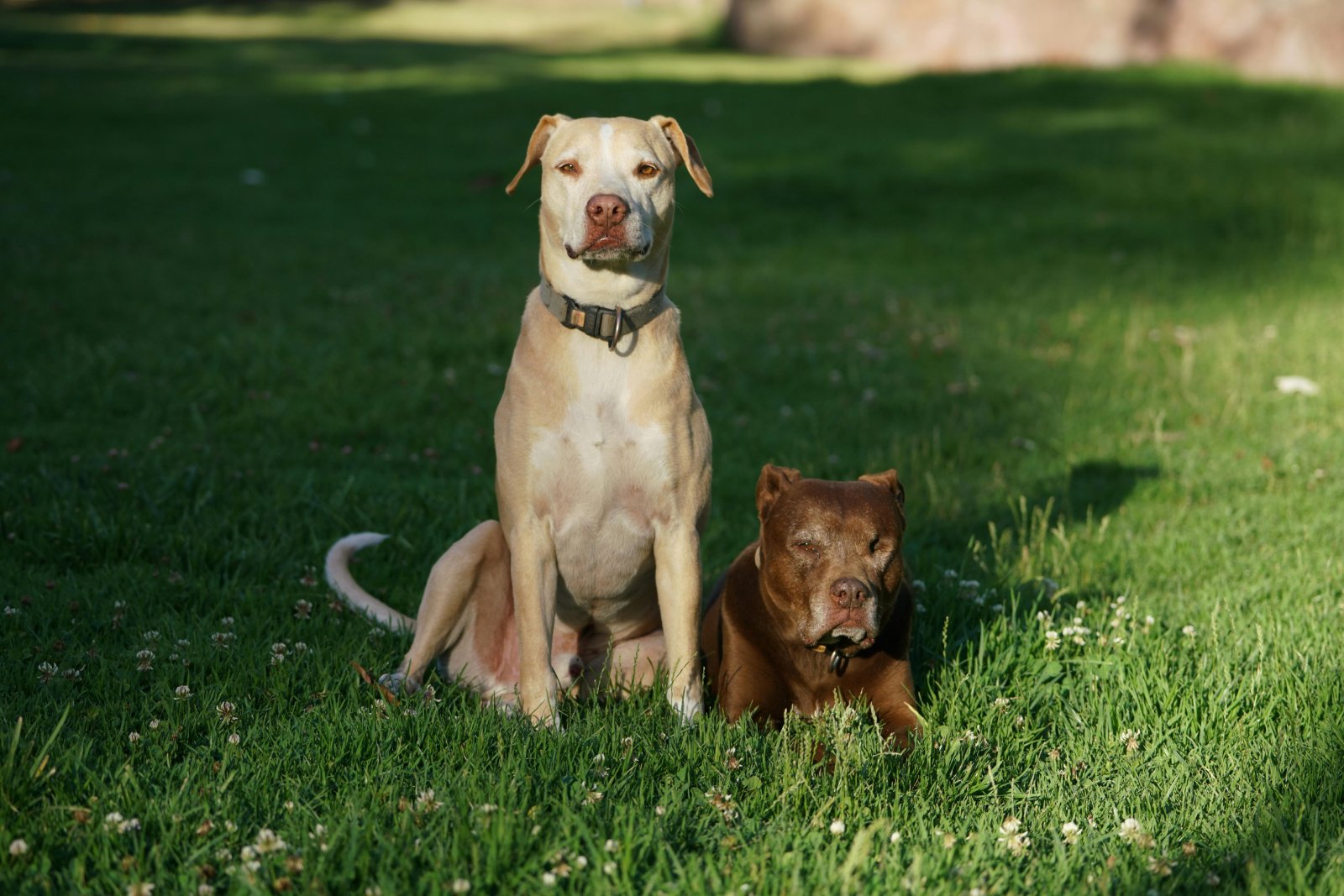
Pit Bulls are strong and energetic, with a history of dog-aggression in some lines. While many are friendly, their strength and stamina can make conflicts more intense.
8. Chow Chow
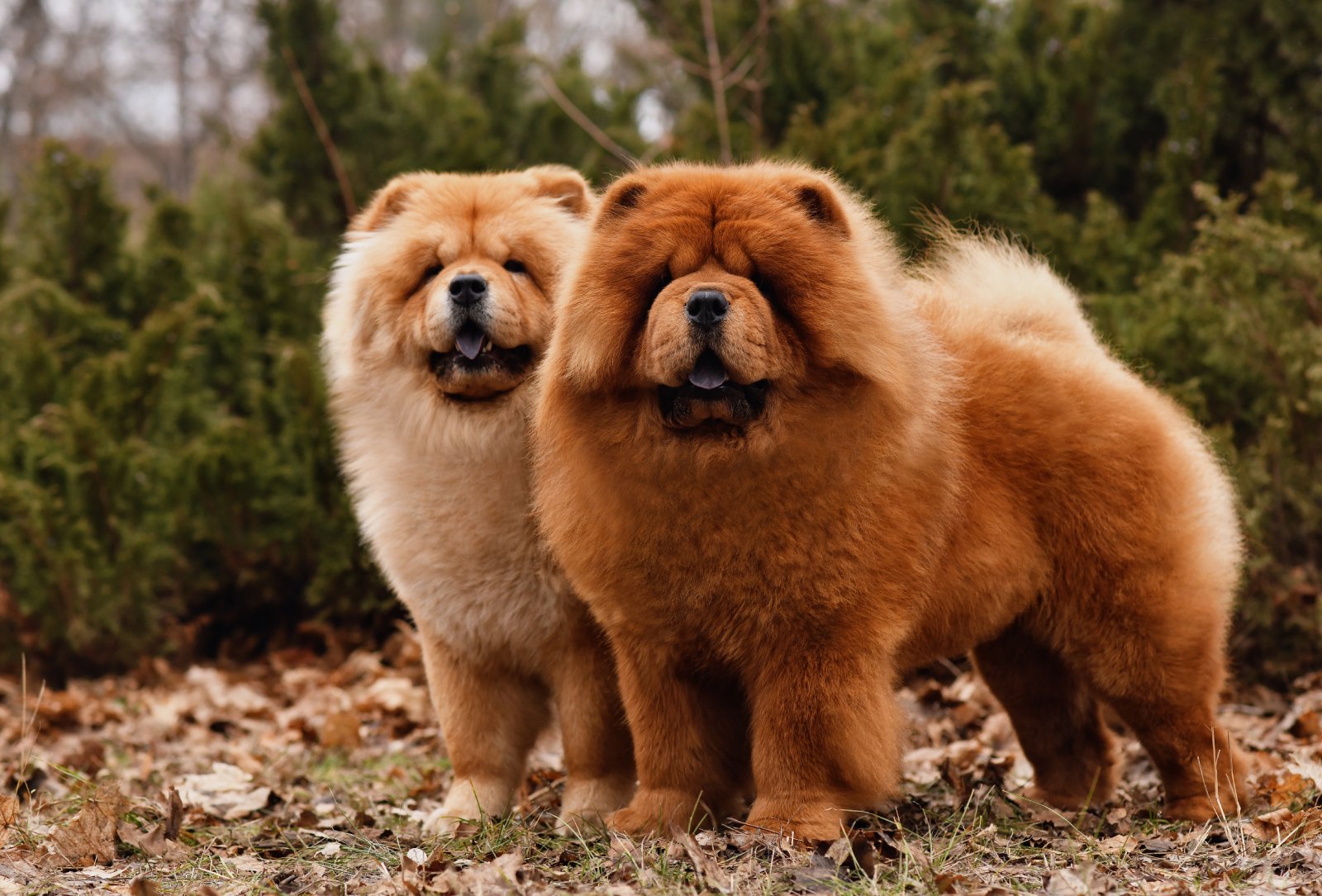
Chow Chows are known for their aloof and sometimes aggressive nature towards other dogs. They are often very territorial and can react strongly to perceived threats.
9. Bulldog
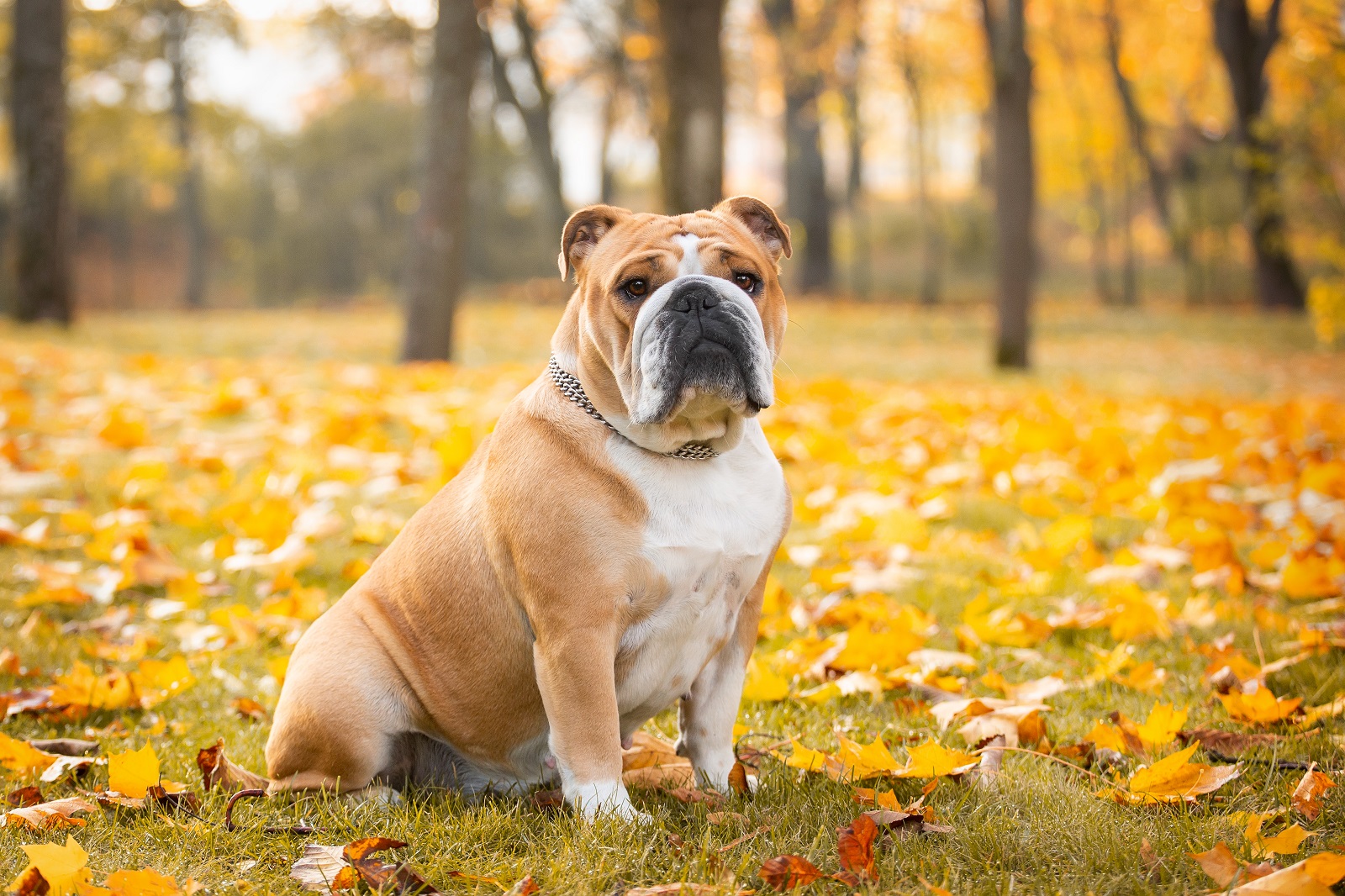
Bulldogs, while generally friendly, can be stubborn and unyielding if they feel challenged. Their physical build can make them hard to manage if a scuffle breaks out.
10. Boxer
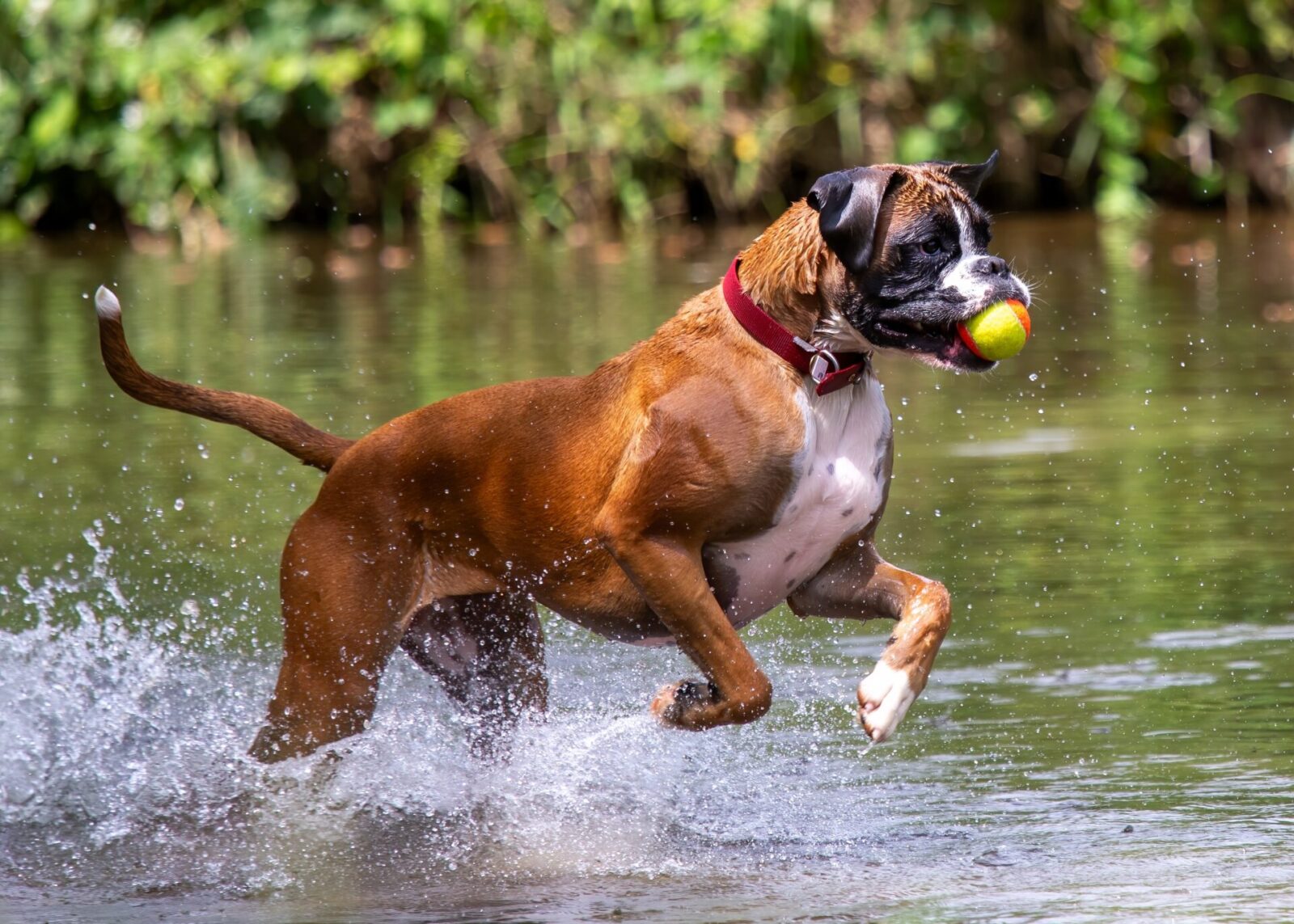
Boxers are playful but can be overly boisterous, sometimes overwhelming more timid dogs. Their high energy and strength can lead to accidental injuries during rough play.
11. Shih Tzu

Shih Tzus are small and can be easily injured by larger dogs. Their assertive nature might provoke larger, more dominant dogs into conflict.
12. Doberman Pinscher
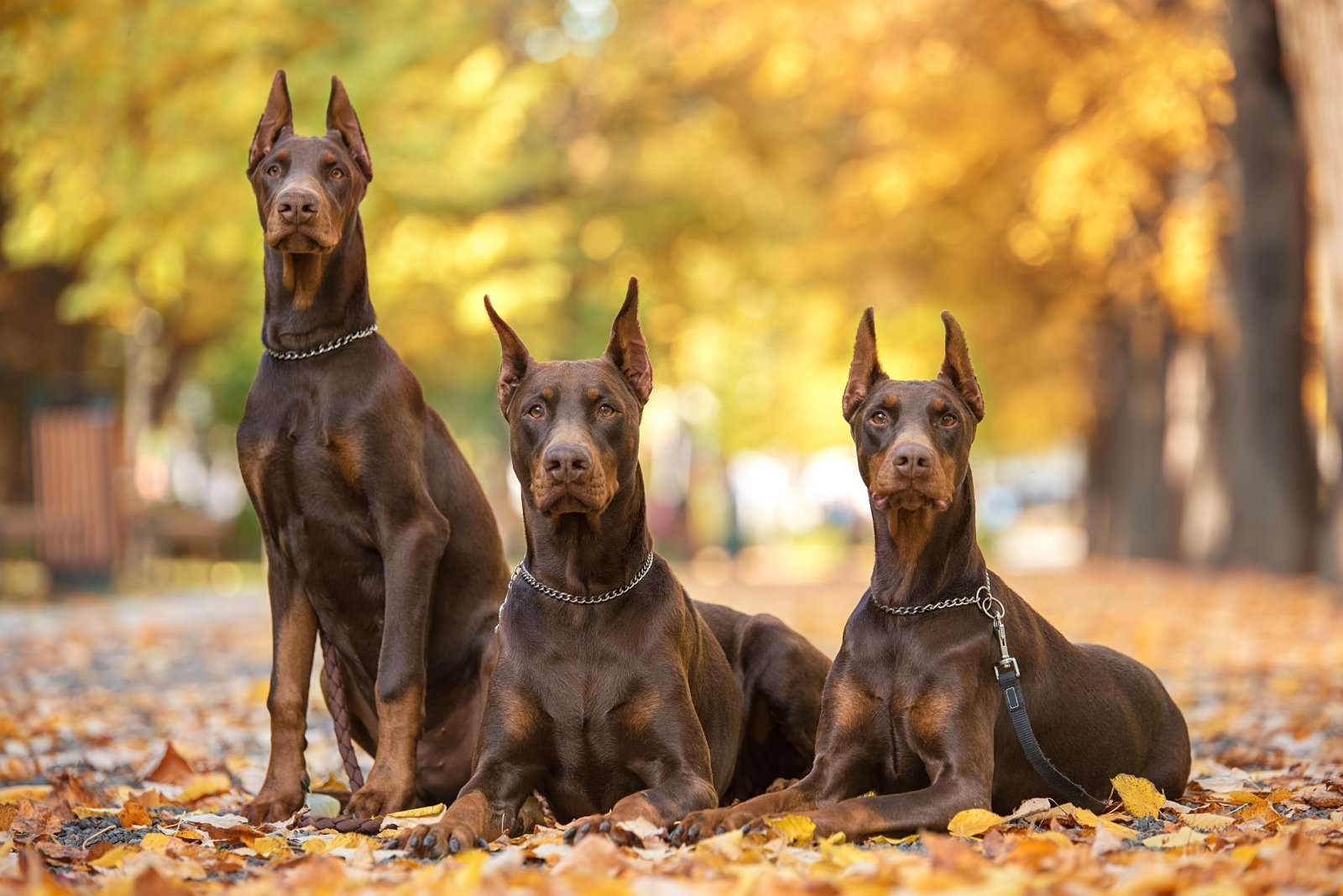
Dobermans are intelligent and protective, often displaying dominant behaviours. They might not back down if challenged, leading to potential fights.
13. Great Dane
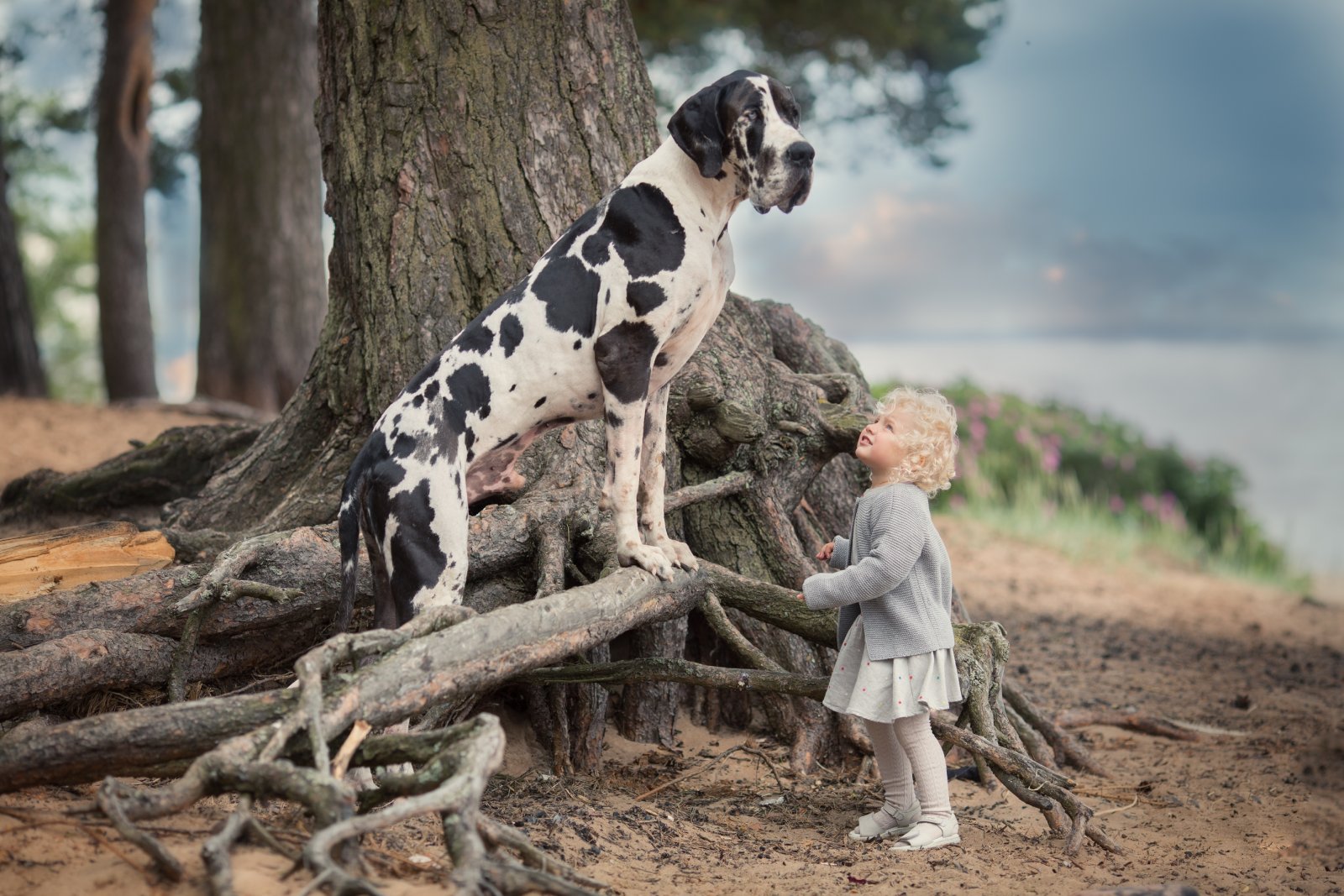
Great Danes, despite their gentle nature, can be intimidating due to their size. Smaller dogs might feel threatened, leading to defensive behaviours that can escalate.
14. Cocker Spaniel
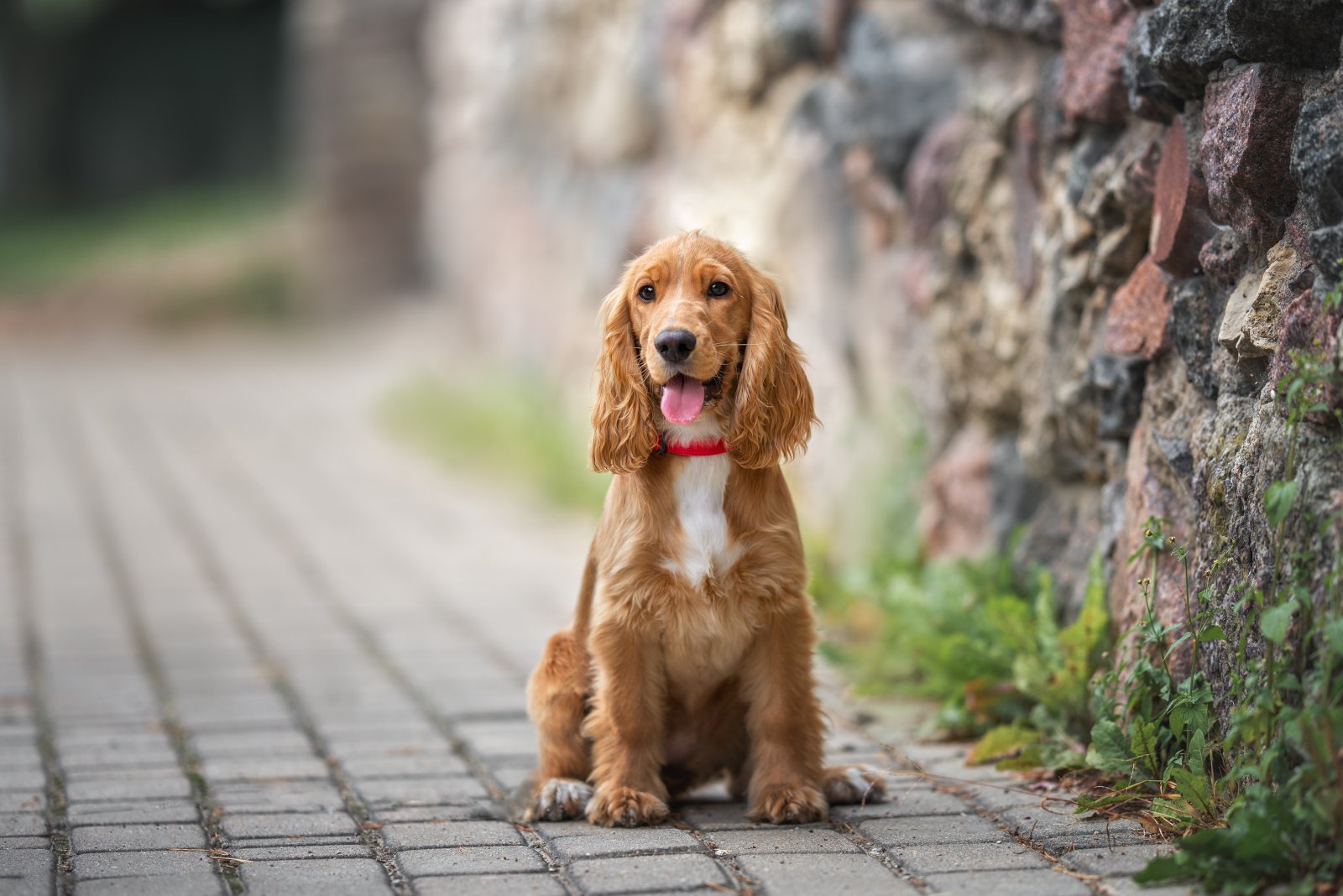
Cocker Spaniels can be prone to resource guarding, especially in a crowded park environment. This can lead to conflicts over toys or treats.
15. Beagle
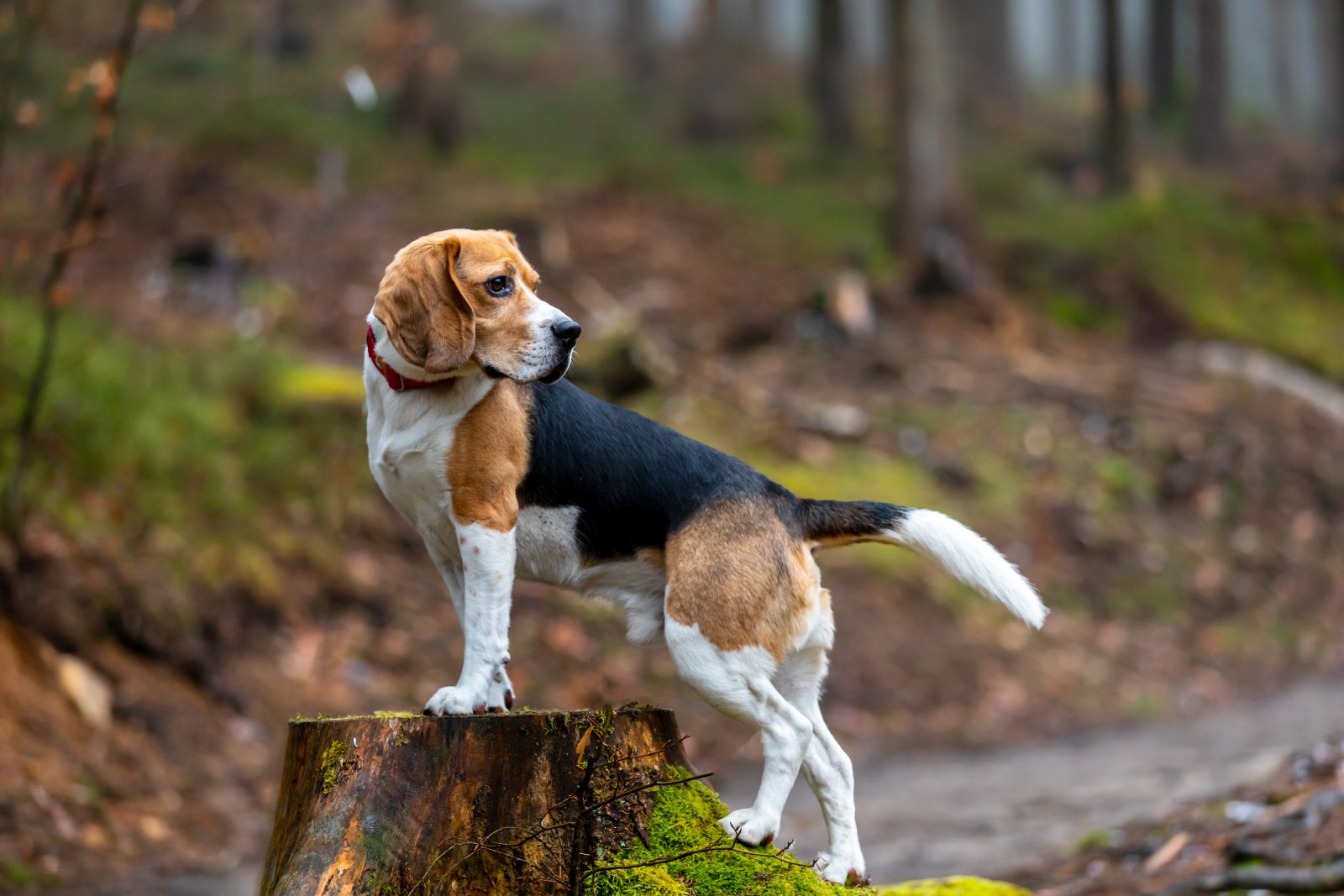
Beagles are friendly but can be overly excitable and persistent. Their determination to follow scents and chase can lead to unwanted encounters with other dogs.
16. Husky
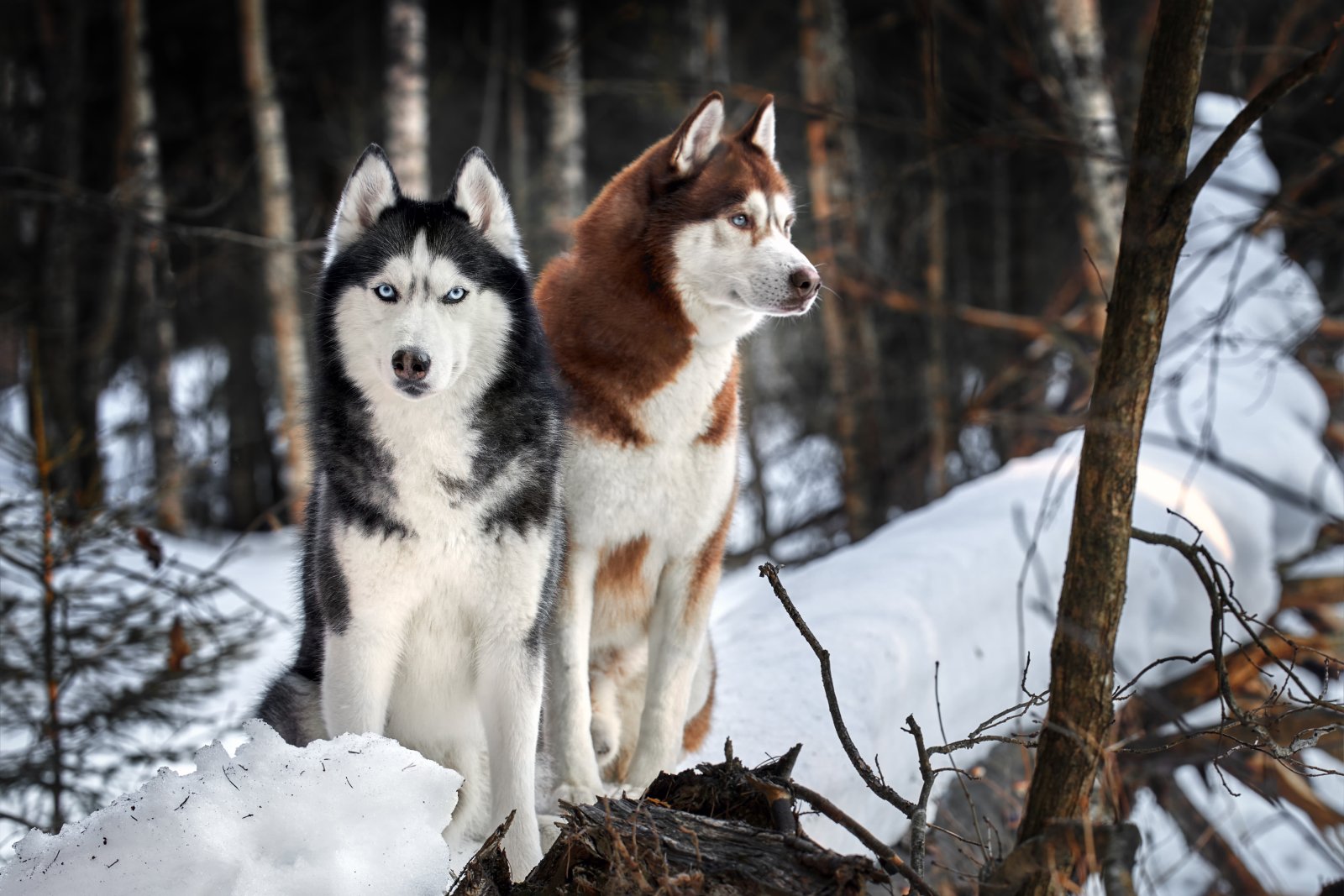
Huskies are high-energy and have a strong prey drive. Their need to run and chase can lead to aggressive encounters with smaller or slower dogs.
17. Border Collie
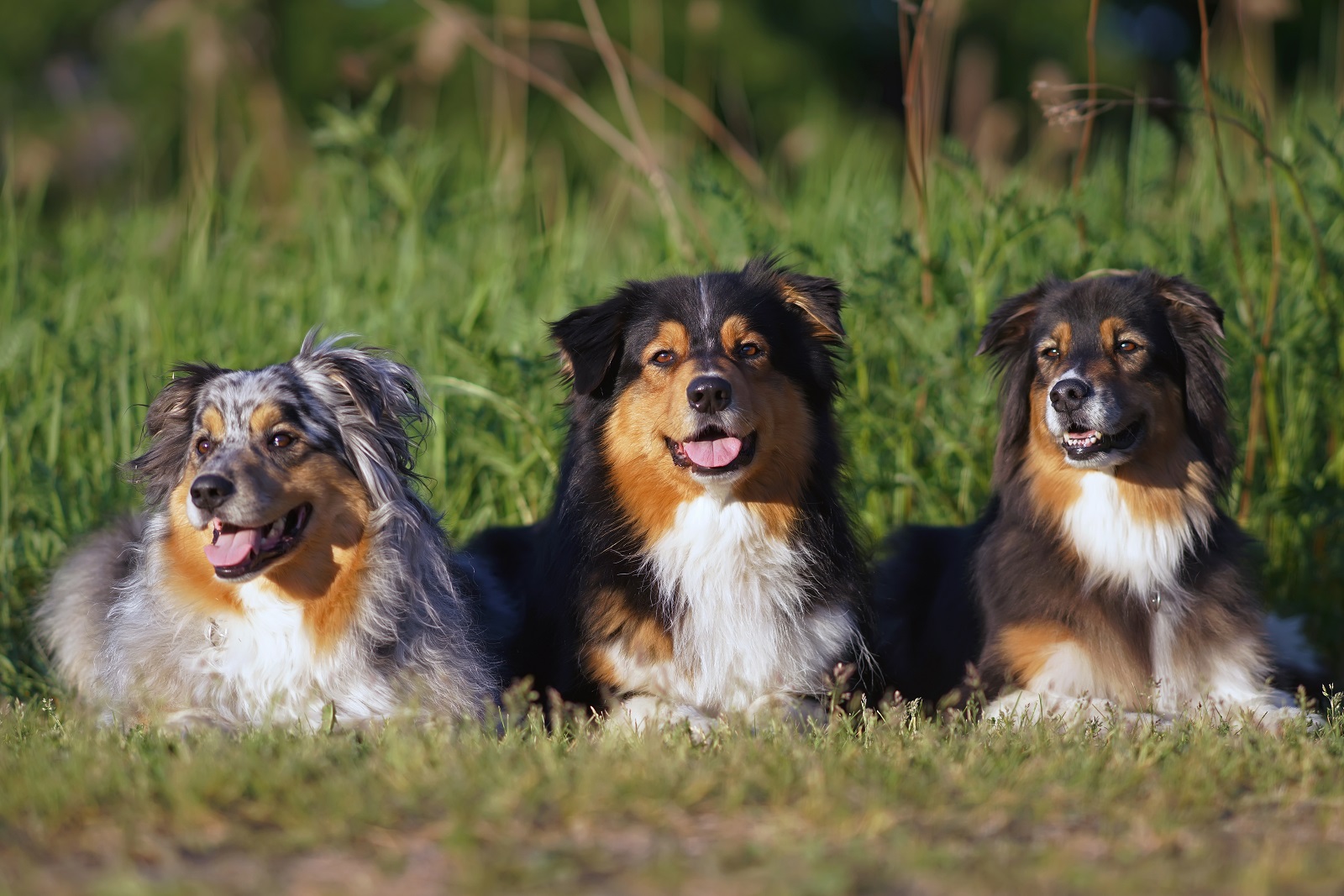
Border Collies are highly intelligent and can be overly intense. Their herding instincts might lead them to nip or chase other dogs, causing friction.
18. Weimaraner
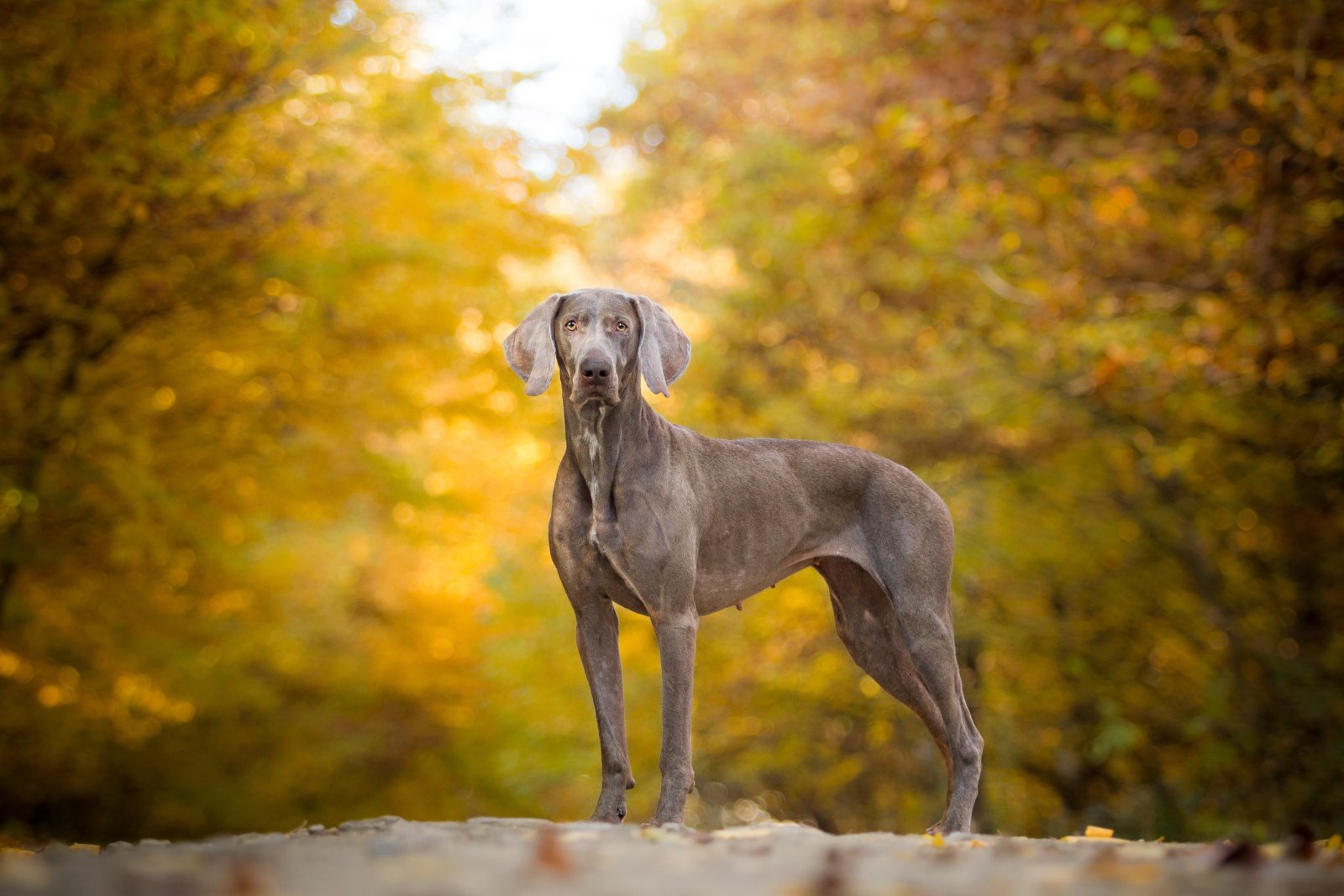
Weimaraners are energetic and can be overly protective of their owners. Their need for close supervision means they might not do well in a free-for-all dog park setting.
19. Mastiff
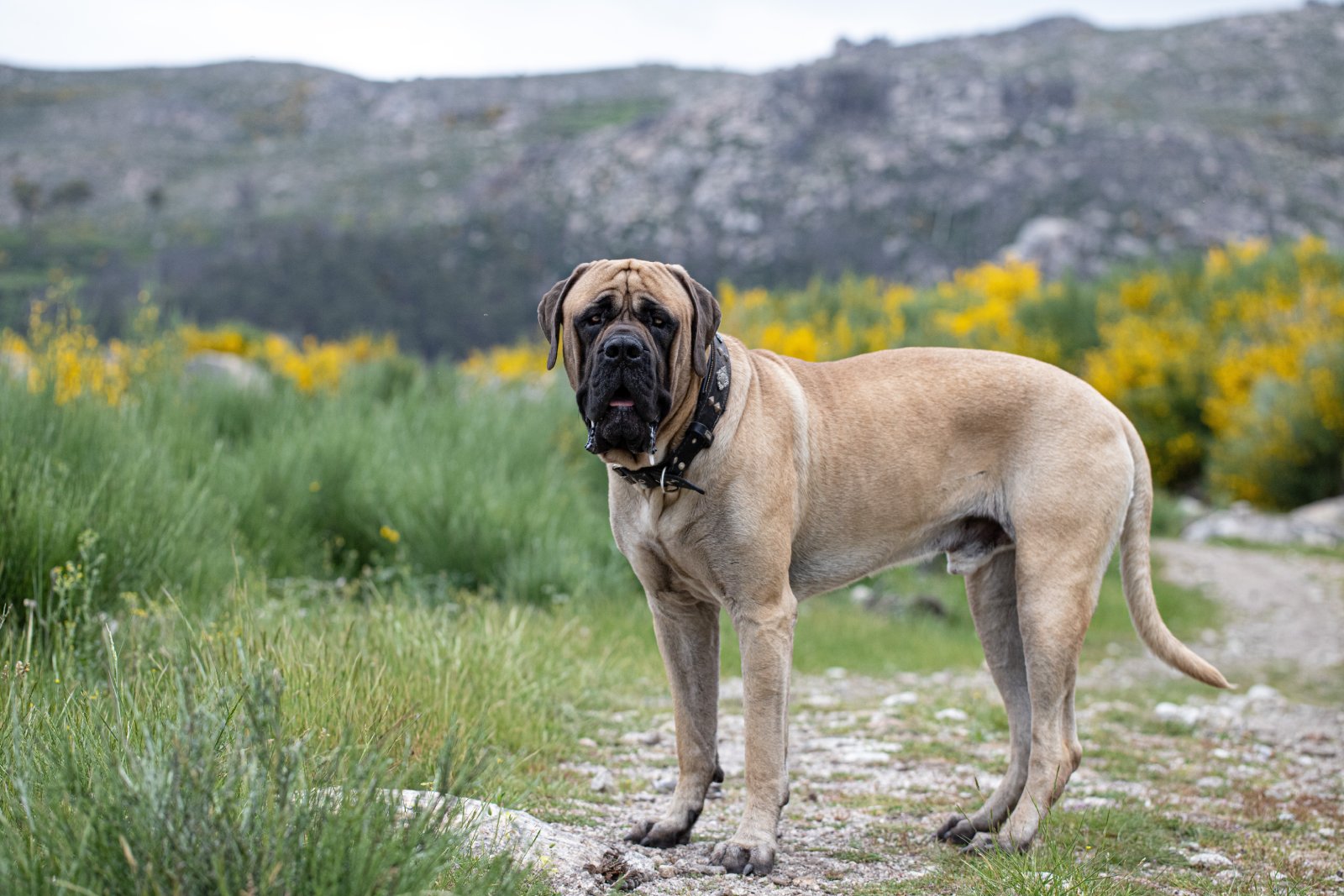
Mastiffs are gentle giants but can be very protective. Their size alone can make other dogs feel threatened, potentially leading to defensive aggression.
20. Dalmatian
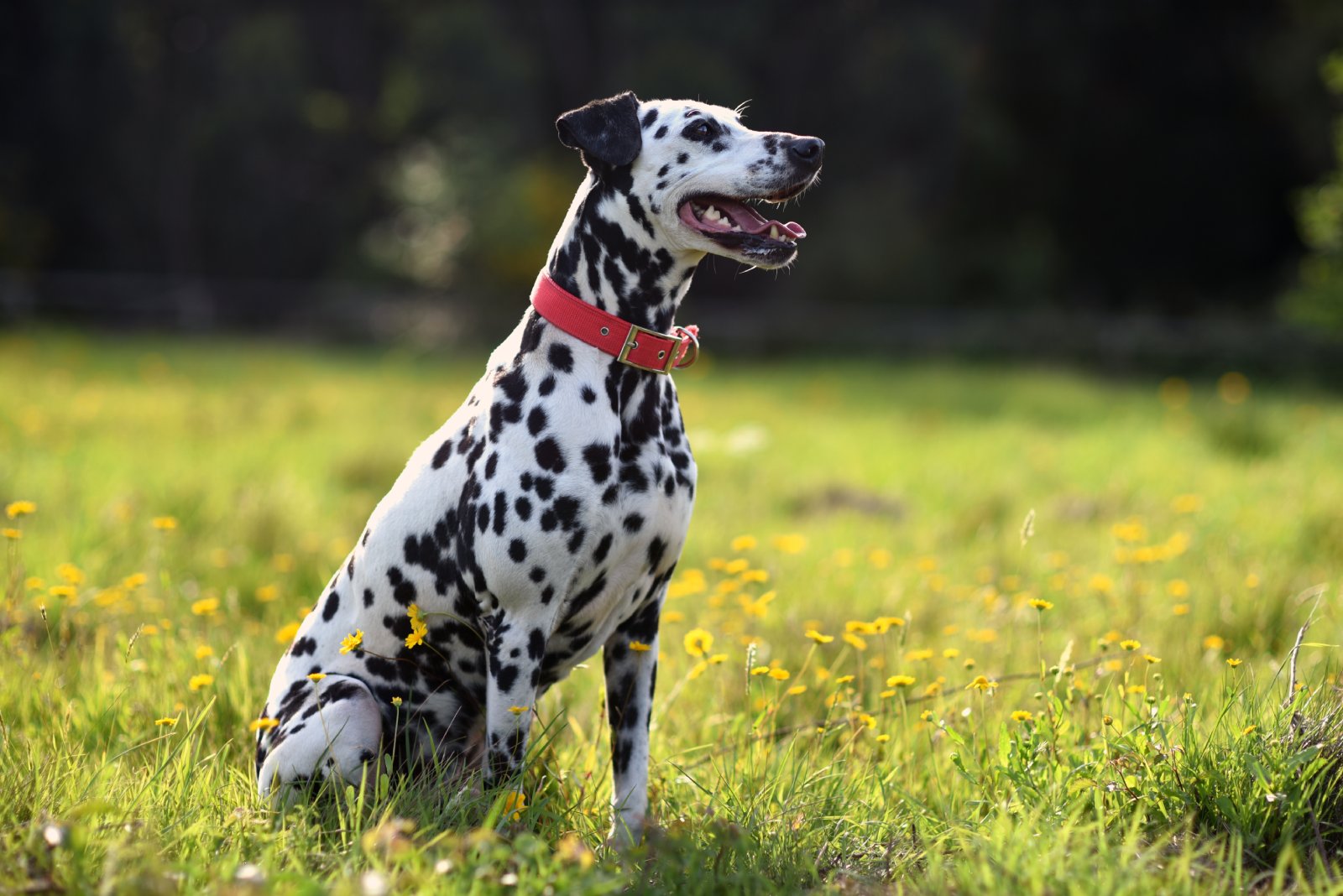
Dalmatians are high-energy and can be prone to aggression if not well-socialised. Their strong personalities can clash with other dominant dogs.
21. Miniature Pinscher
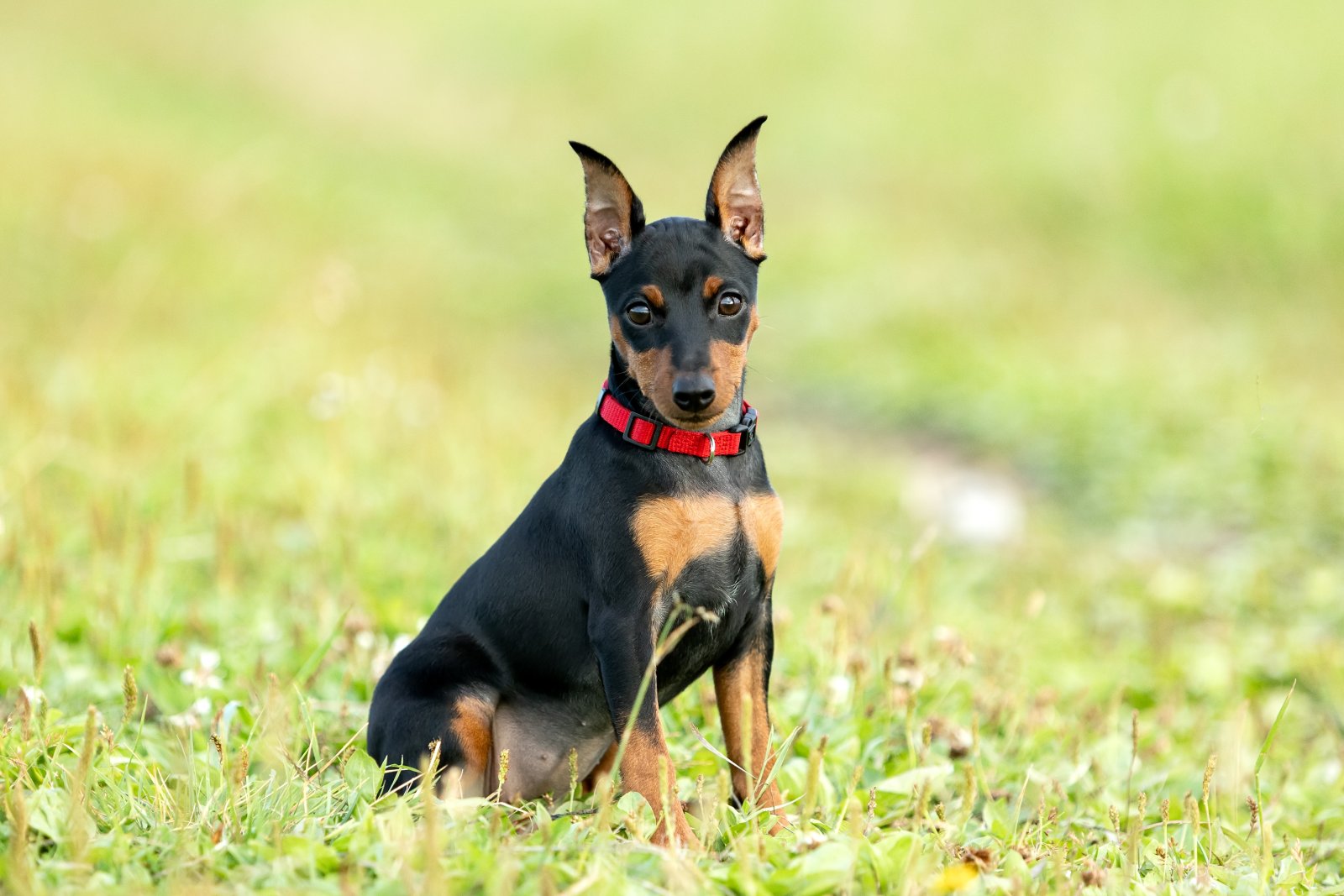
Miniature Pinschers are small but fearless, often challenging much larger dogs. This bravado can lead to dangerous situations they can’t handle.
22. French Bulldog
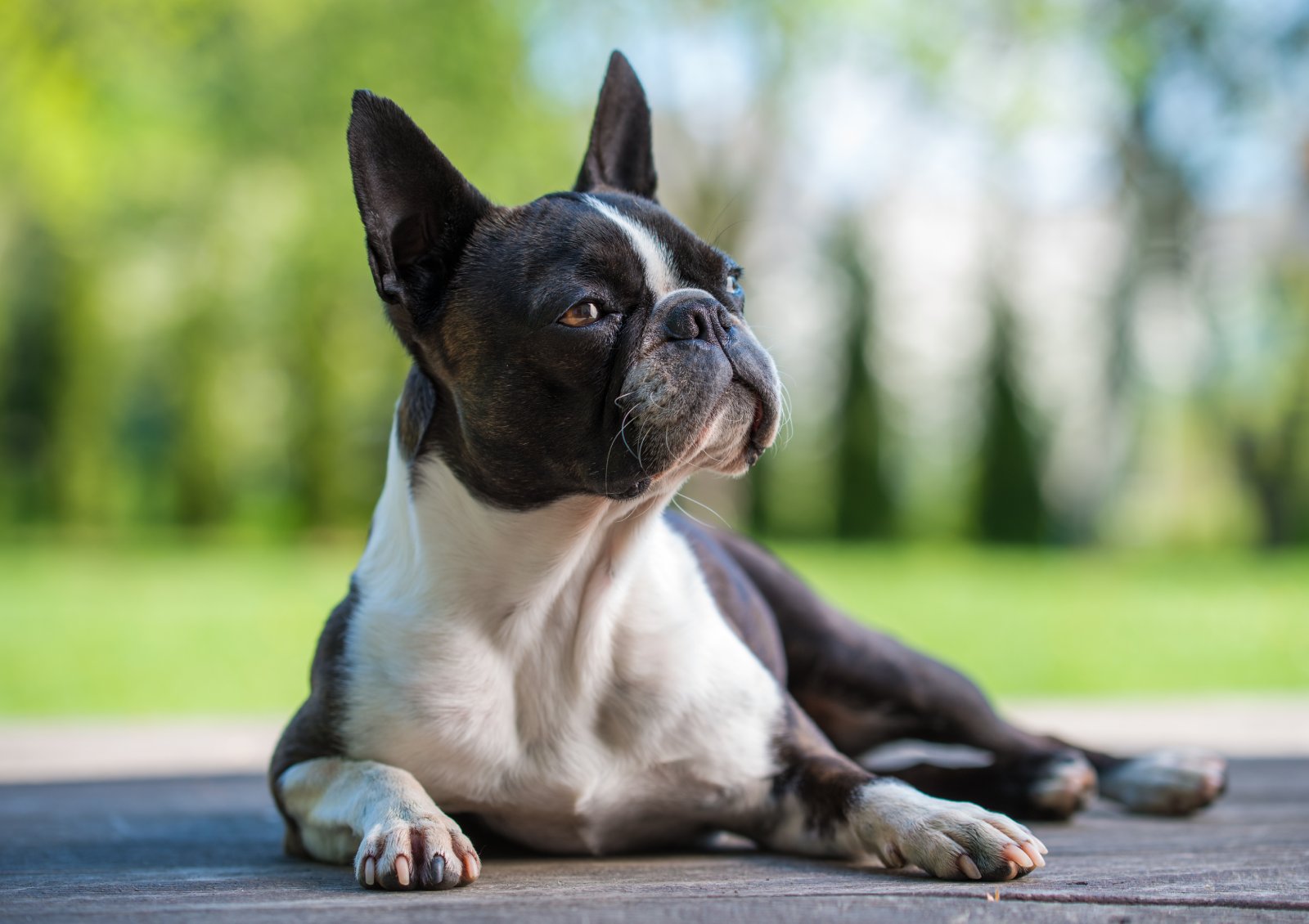
French Bulldogs can be stubborn and possessive over toys and space. Their lack of tolerance for overly playful dogs can lead to conflicts.
Stay Safe and Have Fun
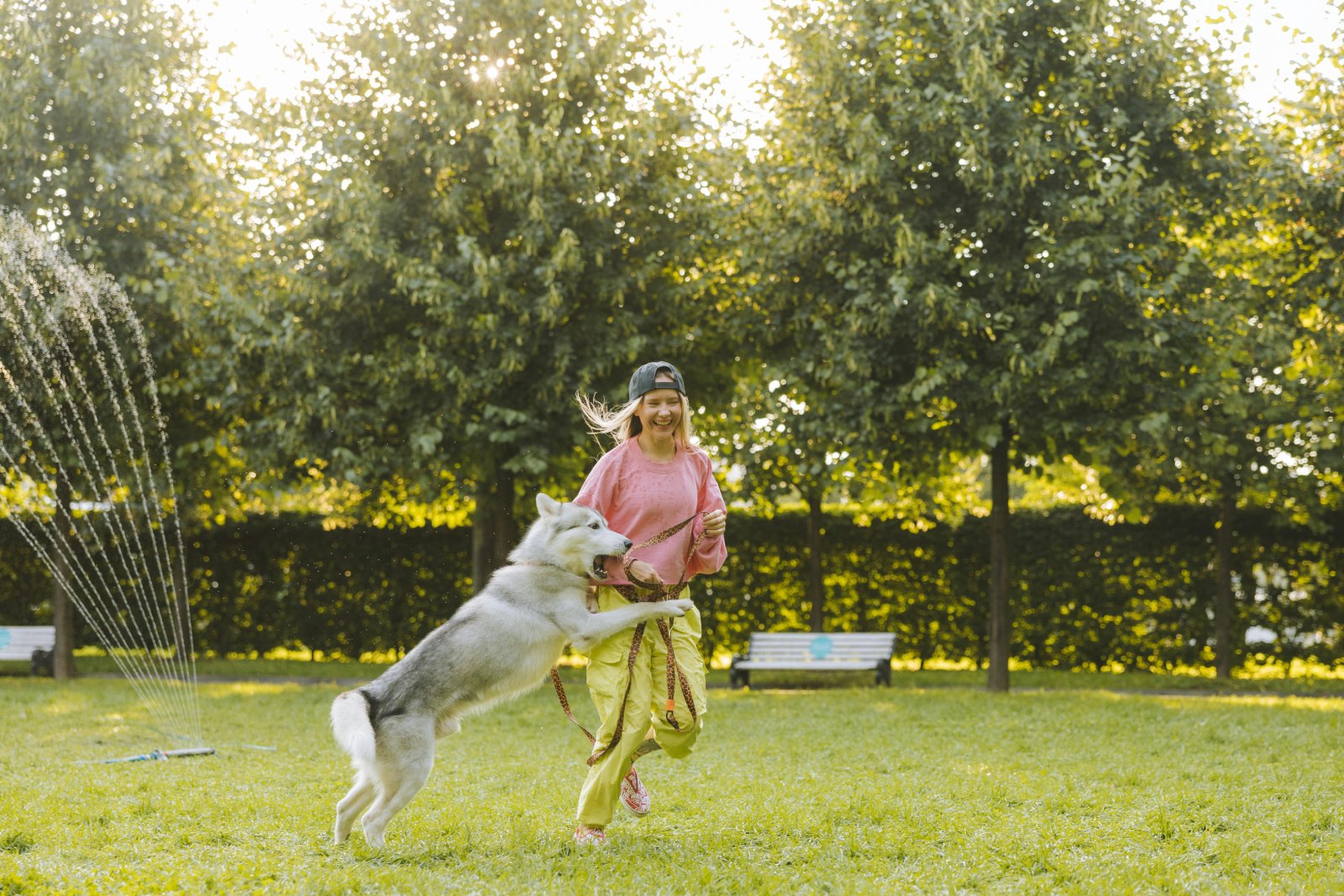
Understanding the typical behaviours of different breeds can help you make better decisions at the dog park. Always supervise your dog closely and intervene if you see any signs of trouble. Remember, every dog is an individual, and proper socialisation and training can go a long way in ensuring a peaceful dog park experience.
Featured Image Credit: Shutterstock / lightman_pic.
For transparency, this content was partly developed with AI assistance and carefully curated by an experienced editor to be informative and ensure accuracy.

